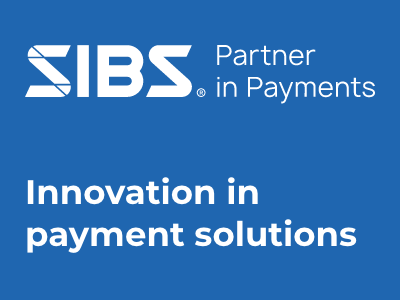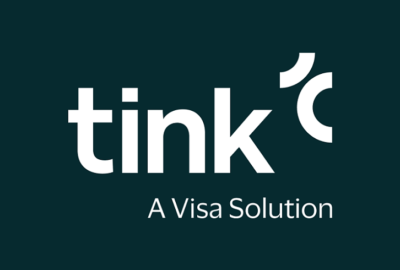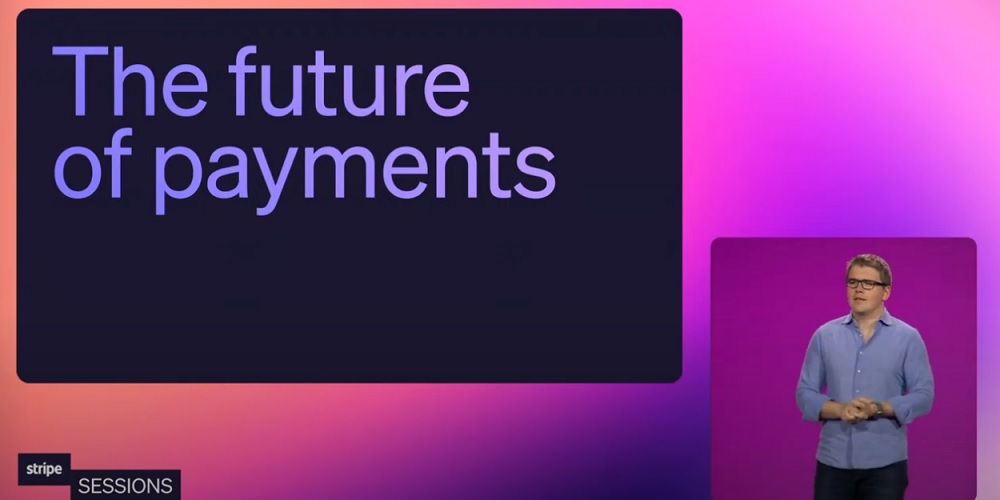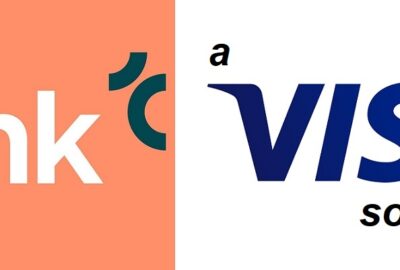Eleven banks have passed a major milestone in the digitisation of documentary trade finance

Bangkok Bank, BBVA, BNP Paribas, HSBC, ING, Intesa Sanpaolo, Mizuho, RBS, Scotiabank, SEB and U.S. Bank have developed a prototype application on R3’s distributed ledger platform, Corda, that has the potential to significantly reduce inefficiencies and costs by streamlining the processing of sight letters of credit.
The banks have been collaborating with R3 and technology partner CGI over the last year on numerous trade finance projects, building and testing applications. Using lessons learnt from these projects, the group has now developed a trade finance application on Corda that incorporates shippers and carriers. Several R3 member institutions now intend to pilot the platform with the goal of making it widely available in 2018.
David Rutter, CEO of R3, comments: “Like so many of the processes and systems banks are forced to use today, the infrastructure that supports trade financing is extremely outdated and prone to risk and error. The work we have been doing with our members over the last year has shown that this challenge no longer needs to stand in the way of giving businesses access to the services they need to trade across borders. The application we have built is the first of its kind and we look forward to rolling it out to our Corda users across the world.”
Marguerite Burghardt, Global Head of the Trade Competence Center at BNP Paribas, comments: “While LCs have not progressed as much as the open account business in recent years, they remain a good way to finance trade and mitigate risks. If the industry manages to make the whole process fully digital, transparent and STP, this could mean renewed development and wider access to this financing technique.”
Vivek Ramachandran, Head of Growth and Innovation, Commercial Banking at HSBC said: “The prototype integrates a standardised user interface that allows carriers and shipping companies to prepare and validate shipping details when they onboard goods and deliver them to the buyer – even if they are on a different technology platform. We believe that offering optionality in terms of the systems and technologies participants use, and ensuring interoperability between these technologies, will significantly advance efforts to digitise trade. To further enhance the prototype, we’ll continue to work with established and emerging title registry providers to ensure this solution can provide a secure and legal title transfer of goods in a live environment, and anticipate piloting the app on the R3 network before the end of the year.”
Ivar Wiersma, Head of Innovation Wholesale Banking at ING said: “This application has the capacity to make the overall trade flow, currently hampered by outdated processes, faster and more cost effective. This is a great step forward in the process of digitalising and standardising the documentary trade finance process from start to finish, connecting multiple parties in the trade finance chain with the feature of interoperability of the different technologies these parties use.”
Jim Bidwell, Head of Trade Services Product Management at RBS, said: “Distributed ledger technology has huge potential to improve customer experience and reduce costs across Trade Finance, which has remained largely unchanged for many years. This initiative is a great demonstration of how we can collaborate to develop innovative solutions for our customers.”
Craig Weeks, Senior Vice President and Manager of U.S. Bank’s International Banking Group, said: “We’re excited about the potential of distributed ledger technology to increase transparency and efficiency across the trade finance lifecycle. This work has proven the viability of the technology to effectively manage the process and we’re very much looking forward to testing this in an operational setting.”
R3’s distributed ledger platform, Corda, has been built specifically for the financial services industry. The technology offers the ability to simplify the complex links and networks involved in the trade and trade finance market by providing a shared and synchronised database of transactions between businesses across geographies.
Despite the growth of open account business, traditional trade finance remains vitally important, particularly to facilitate international trade. According to the International Chamber of Commerce (ICC), commercial letters of credit still account for 38% of the trade finance product mix. In an effort to meet customer demand and address growing margin pressures, banks have been collaboratively developing a solution to drive greater efficiencies, reduce cost and simplify today’s existing processes.
About R3 – Corda
R3 is an enterprise software firm working with over 80 banks, financial institutions, regulators, trade associations, professional services firms and technology companies to develop Corda, a distributed ledger platform designed specifically for financial services.
Launched in September 2015, R3 was born out of a common frustration amongst banks and other financial institutions with multiple generations of disparate legacy financial technology platforms that struggle to interoperate, causing inefficiencies, risk and spiraling costs. Recognizing the power of distributed ledger technology lies in its network effect, we worked with the industry to build the largest collaborative group of its kind in financial markets.
Since then R3 has grown from a staff of eight finance and technology veterans with nine bank members to a global team of over 125 professionals serving over 80 global financial institutions and regulators on six continents. R3 work is further supported by over 2,000 technology, financial, and legal experts drawn from our global member base.
Corda is the outcome of over two years of intense research and development by R3 and our members and meets the highest standards of the banking industry, yet is applicable to any commercial scenario. With Corda, participants can transact without the need for central authorities, creating a world of frictionless commerce.
Source: Finextra.com
Anders Olofsson – former Head of Payments Finastra
Banking 4.0 – „how was the experience for you”
„So many people are coming here to Bucharest, people that I see and interact on linkedin and now I get the change to meet them in person. It was like being to the Football World Cup but this was the World Cup on linkedin in payments and open banking.”
Many more interesting quotes in the video below:












